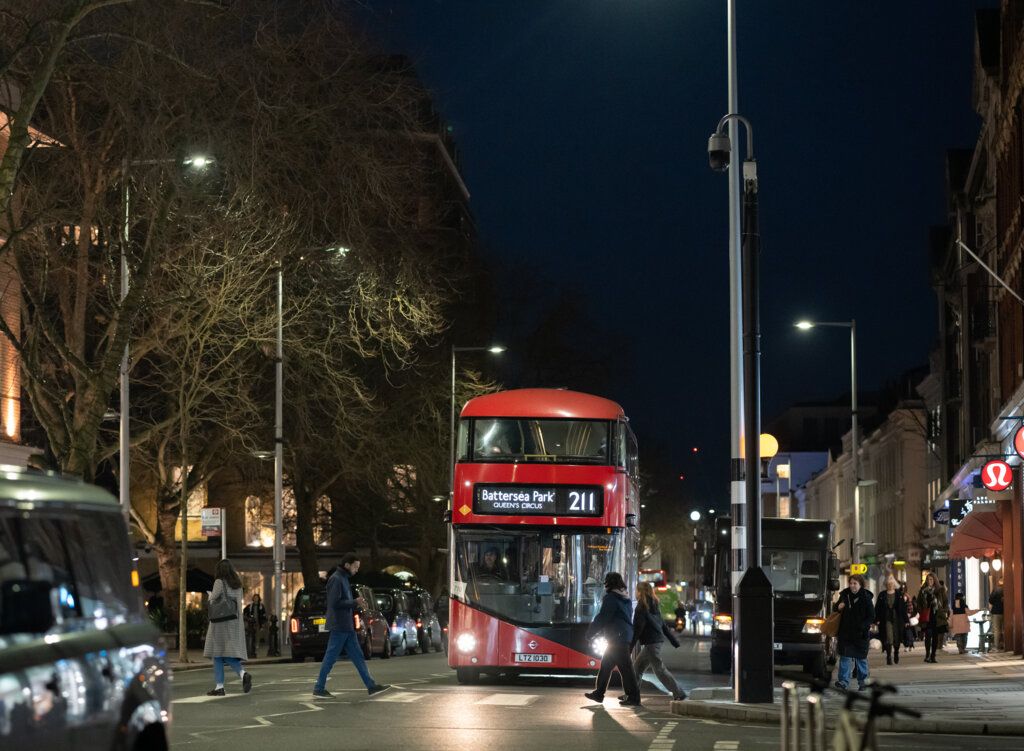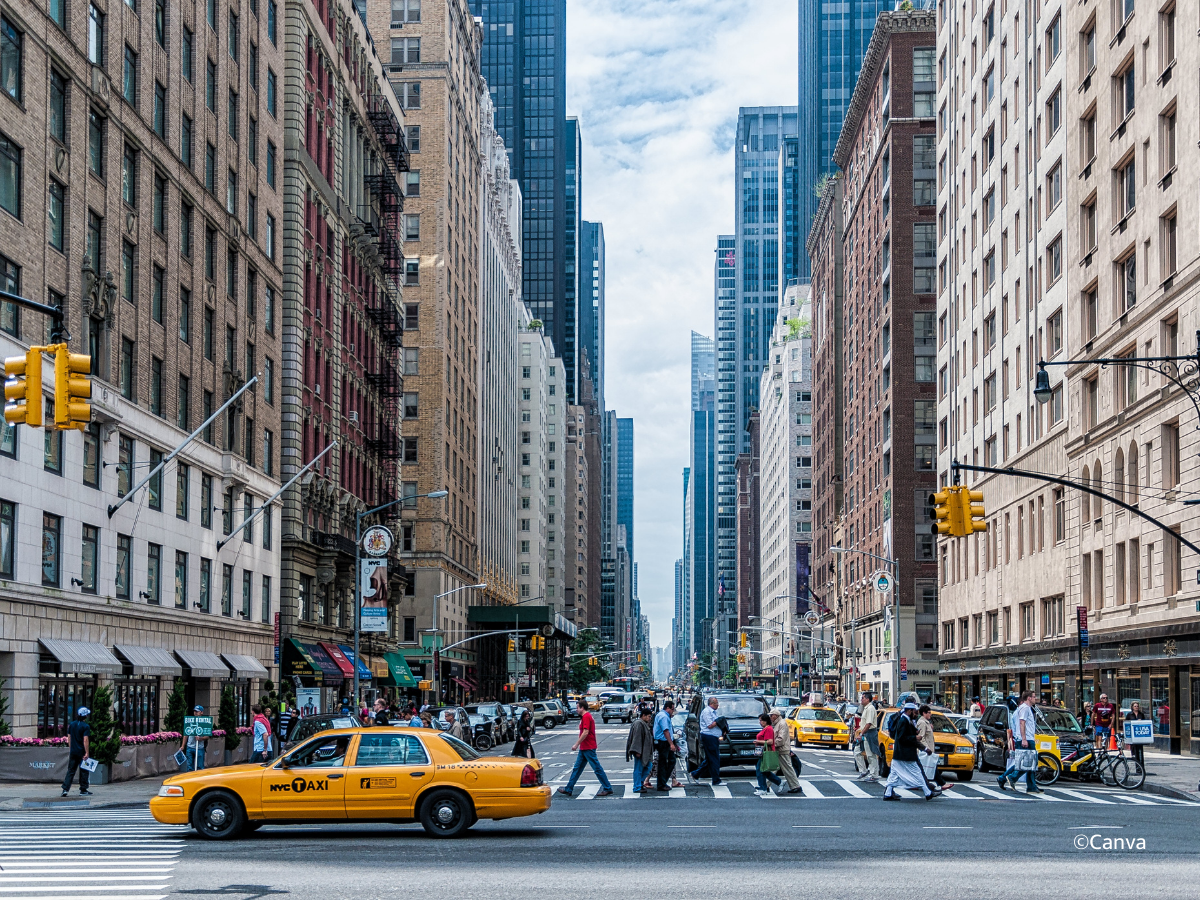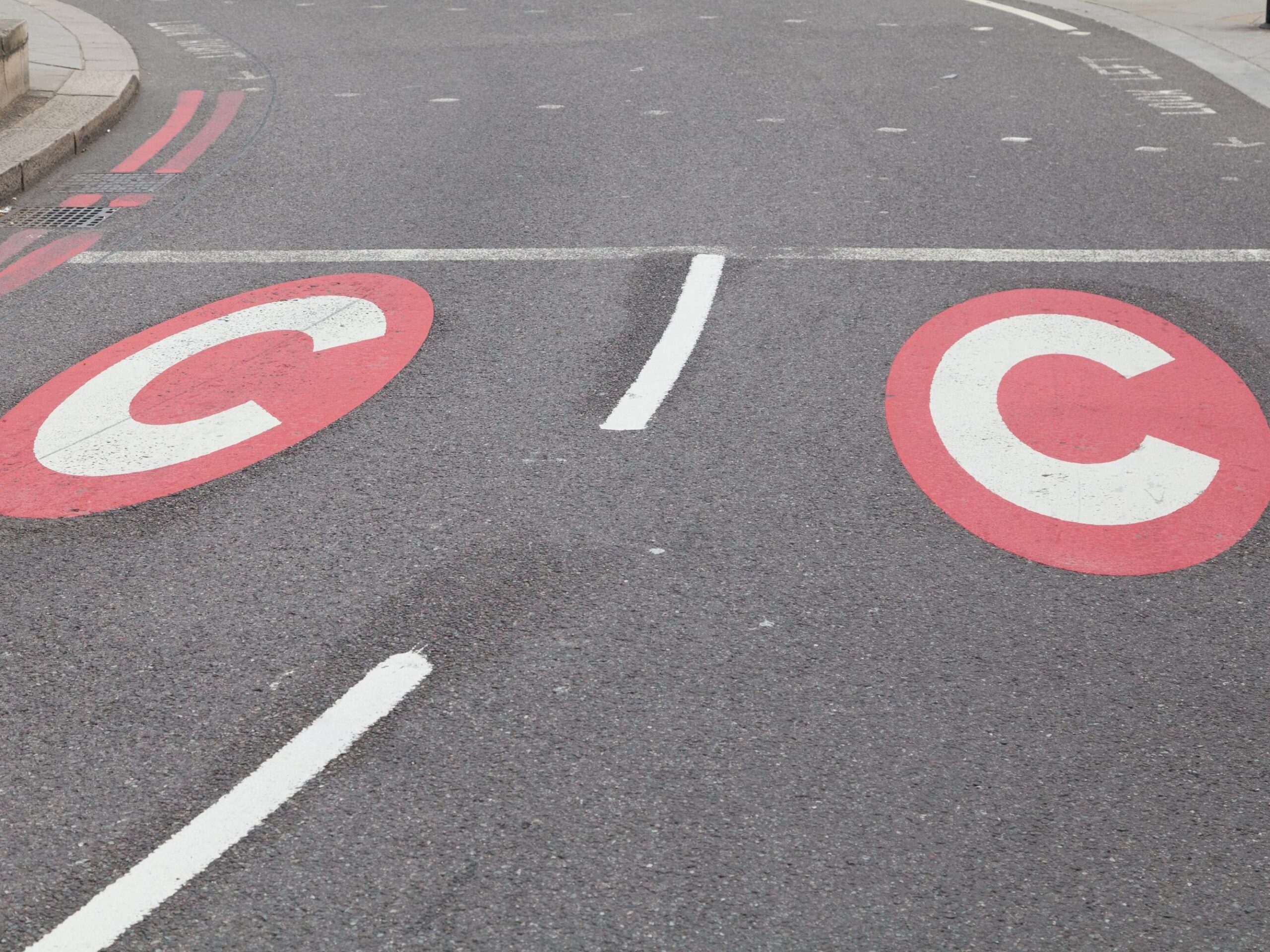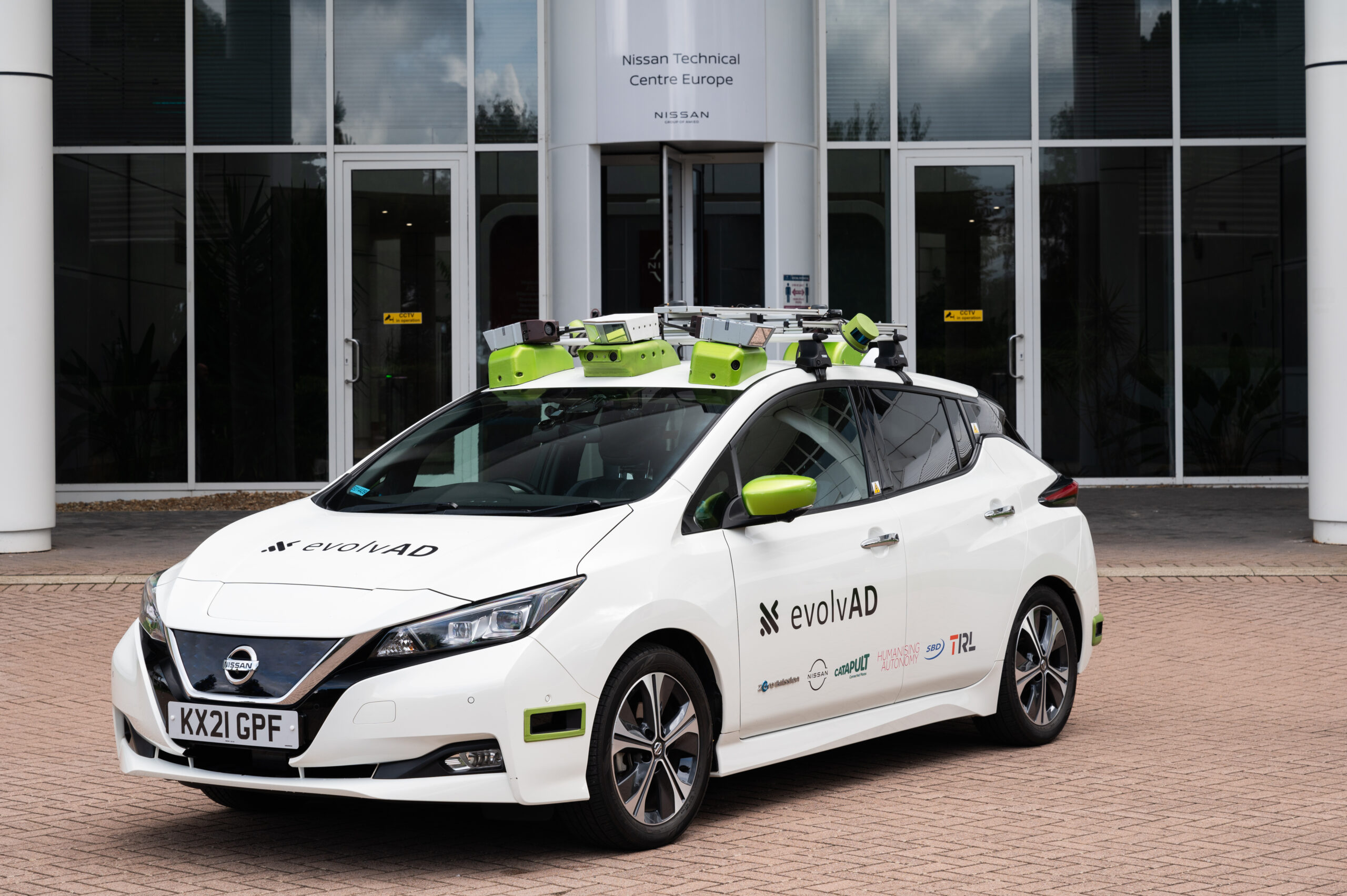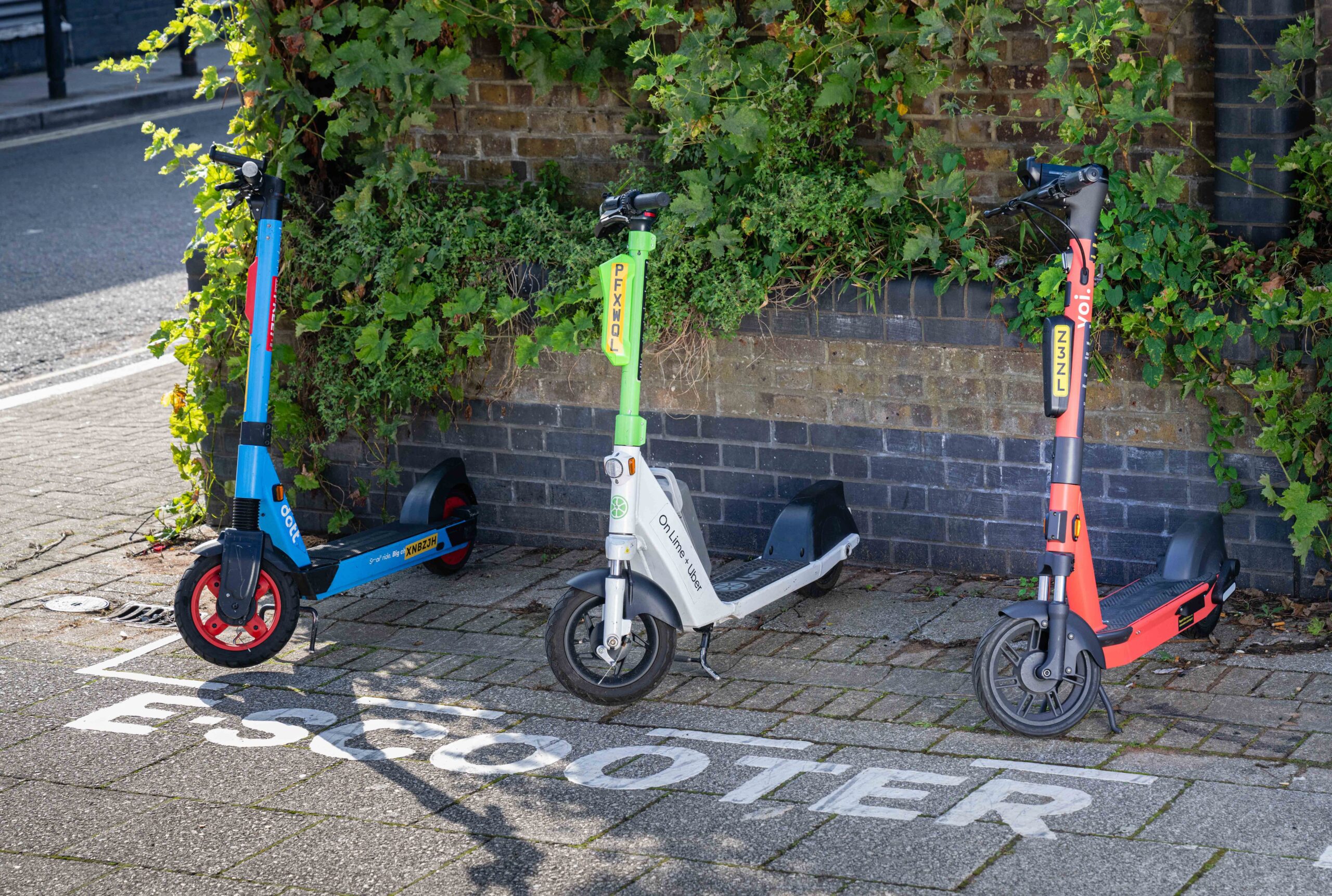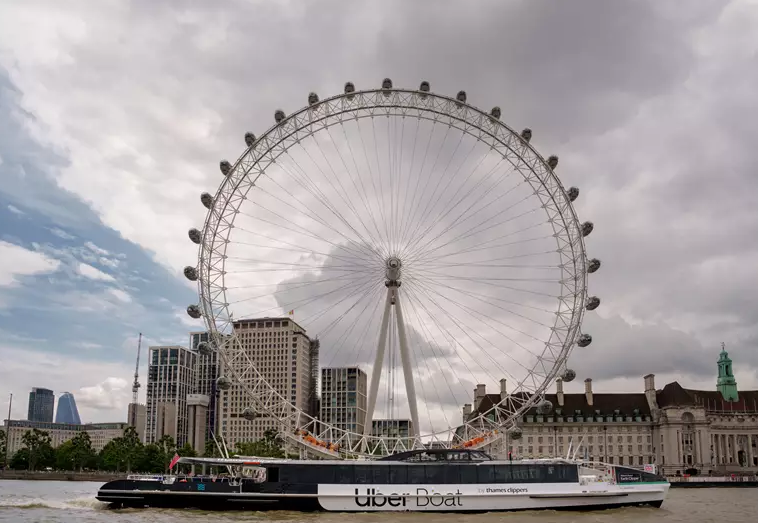The UK government has unveiled a new long-term plan to combat ‘anti-car measures’ and support motorists across the nation.
This initiative was unveiled by Transport Secretary, Mark Harper with the view of decreasing traffic enforcement to keep cars moving and make parking simpler.
For example, the measures include reviewing guidance on 20mph speed limits to prevent their use in areas where they are “not appropriate.” This is in spite of the ability for these lower limits to reduce crashes and save lives. For example, if a driver hits a pedestrian at 20mph, the chances of the pedestrian surviving are 97.5 percent; by contrast, if the pedestrian is hit at 30mph, the chances of survival drop to 80 percent and to a mere 10 percent if the driver is going 40mph.
In addition, the government plans to amend guidance and restrict the introduction of Low Traffic Neighbourhoods, which reduce traffic in those areas and surrounding areas to improve safety, reduce pollution and promote a higher quality of life. Despite these benefits, the government is calling for a greater focus on local consent to end “blanket imposition.”
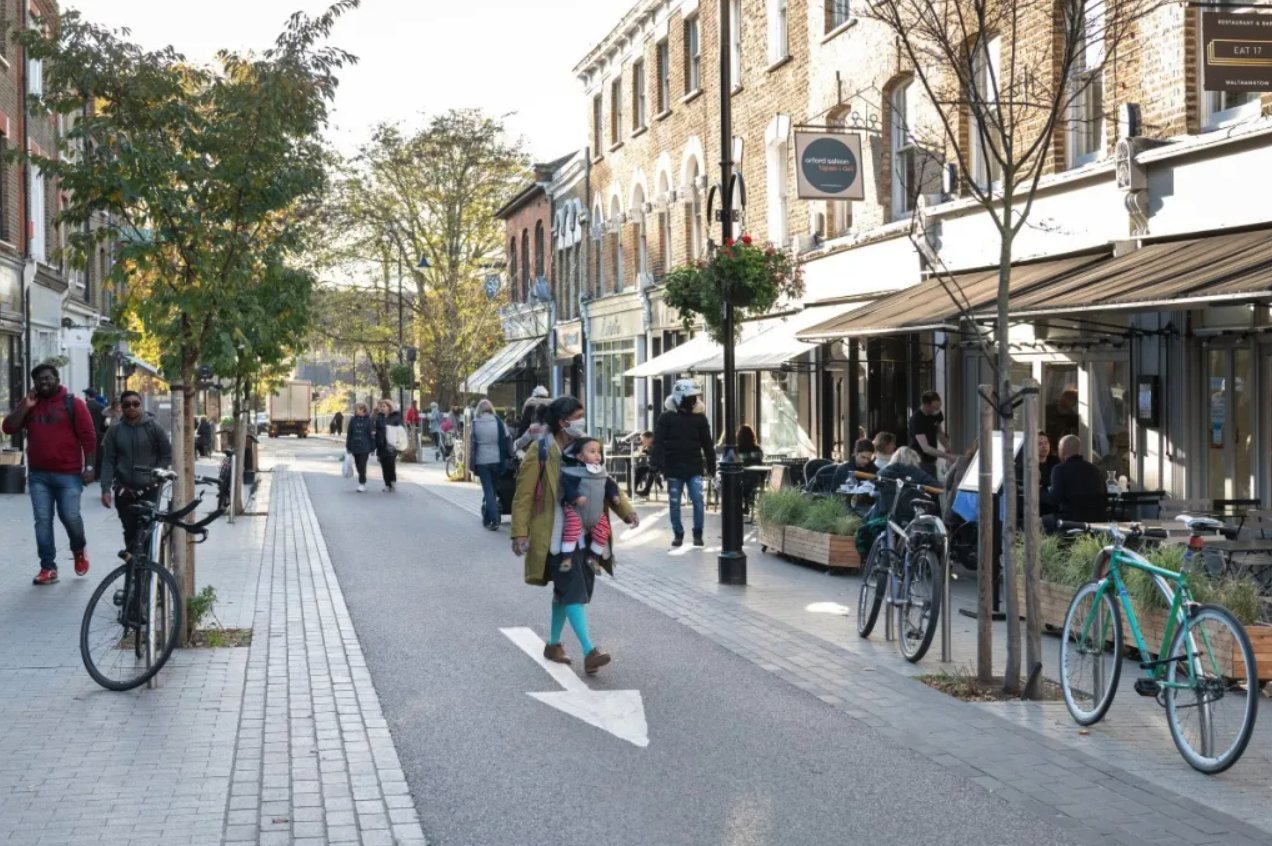
The plans also aim to stop councils from implementing ‘15-minute cities’ where people have access to necessary and desirable amenities within 15 minutes of their home.
Furthermore, to improve convenience for drivers, the Department for Transport (DfT) has announced that it will strengthen guidance to ensure bus lanes only operate when necessary. It will also launch a consultation on allowing motorcycles to use bus lanes.
Prime Minister Rishi Sunak said:For too long politicians have focused on the short-term decisions with little regard for the long term impact on hardworking families.
We’ve seen this consistently with people’s freedoms on transport. The clamp down on drivers is an attack on the day-to-day lives of most people across the UK who rely on cars to get to work or see their families.
This week the UK Government will set out a long-term plan to back drivers, slamming the brakes on anti-car measures across England. We are taking the necessary decision to back the motorists who keep our country moving.
These plans contradict the sector’s promising focus on reducing reliance on private cars to curb congestion and meet net-zero targets.
Indeed, a modal shift towards public and active transport is arguably vital for enhancing sustainability, air quality and safety, with electrification alone failing to offer an easy fix for decarbonisation. Even convenience is likely to suffer if more people are forced to make trips by car rather than by public transport or walking / biking because more cars will mean more congestion.
However, this recent announcement suggests that these targets are no longer a priority for the government, which is instead focused on “making life easier for drivers.” Notably, this comes on the back of the Mayor of London’s expansion of the Ultra Low Emission Zone (ULEZ) in the capital.
Transport Secretary Mark Harper said:Too often the private car is vilified when it has been one of the most powerful forces for personal freedom and economic growth. That’s why the Government is taking the long-term, necessary decision to back the motorists who keep our country moving.
We’re introducing a plan to ensure drivers can enjoy smoother journeys, park more easily and no longer face unfair and oppressive traffic enforcement measures.



